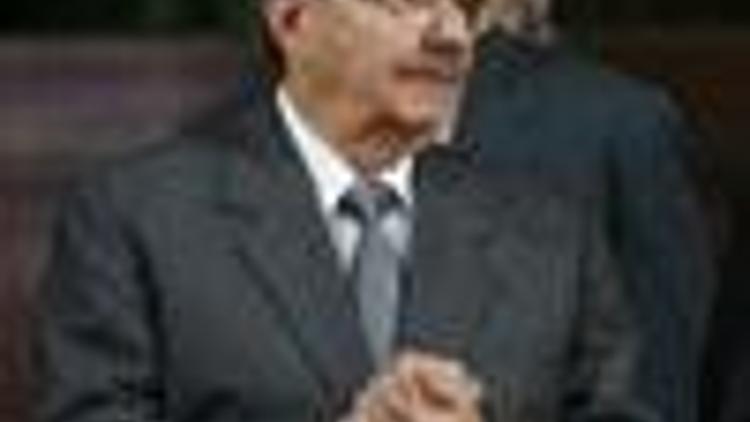Raul Castro clears out Fidel's cabinet
Güncelleme Tarihi:

Cuban President Raul Castro replaced several members of his cabinet on Monday, putting his stamp on the government a year after assuming power from his older brother Fidel.
In a sign that he is emerging from the shadow of the former president and revolutionary icon, Raul Castro, 77, fired foreign minister Felipe Perez Roque and moved cabinet chief Carlos Lage, two long-time lieutenants in the previous administration.
In making his first major cabinet shuffle since assuming power one year ago, the Cuban leader cited the need for greater efficiency and a consolidation of the country’s unwieldy bureaucracy, saying the shakeup would lead to "a more compact and functional structure."
The move most notably replaces 44-year-old Perez Roque, Havana’s chief diplomat since May 1999, with vice minister Bruno Rodriguez. A former journalist for Cuba’s state-run press, Rodriguez was once Cuba’s ambassador to the United Nations.
The Mexican-born Rodriguez had been a key player in developing relations with other Latin American countries and was involved in developing ties with the European Union, commentators said.
Perez Roque was seen as close to Fidel, acting as his chief of staff for a decade.
Lage, 57, retains his post as one of Cuba’s vice presidents of the Council of State, but has been replaced by General Jose Amado Ricardo Guerra as cabinet chief.
Both Lage and Perez Roque had been seen as possible successors to Fidel Castro before the aging leader passed the reins of power to his brother.
The shuffle affects about 10 cabinet positions, including Cuba’s commerce, farming, fishing and interior ministries.
According to Julia Sweig, Director of Latin America Studies at the New-York based Council on Foreign Relations, the move may be important beyond personnel shifts, and could herald further political and economic reforms.
Since his inaugural address Raul Castro has stressed the need to reduce the government in tandem with making it more efficient, Sweig told AFP, as if "one was a precursor to the other."
"It may involve the government getting out of the way a little," said Sweig, who recently returned from a trip to Cuba. "They may go back to the system that existed before 1968, when small businesses were allowed to function."
While she described the personnel shift as significant, Sweig pointed out that Lage would remain at the heart of government, as a vice president of the Council of State: "He is in a very powerful position -- it may simple be a step toward giving him space, he remains an extremely senior member of the Cuban government."
While the shakeup allows Raul Castro to put his imprint on the government, Cuba’s bureaucracy still bears the hallmarks of Fidel’s decades-long rule, even though the former Cuban leader, 82, has remained out of the public eye since undergoing surgery three years ago.
Fidel Castro’s presence remains strongly felt throughout Cuba. He remains the titular head of the Cuban Communist Party, and his lengthy written commentaries have been a regular feature of the Cuban press since he left power.
Until now Raul Castro treaded gingerly while trying to fill his brother’s outsized shoes during his first year in office, instituting reforms at the margins of Cuba’s institutional communism.
He has been much more dynamic in the area of foreign relations, meeting up to a dozen leaders from around the world during his first year in office, including several from an increasingly left-leaning Latin America.
He has strengthened relations and trade ties not only with Argentina, Chile, Venezuela, Panama and Ecuador, but Cuba’s communist allies China and Russia.
And he has further consolidated its ties with its two closest friends in the region, Bolivia and Venezuela, which also has become a major financial backer.
One area that remains little changed is the domain of human rights, observers said.
A report last week by the U.S. State Department found in fact that respect for human rights and basic freedoms deteriorated in during the year that Raul Castro was formally elected the new leader of the communist-run island.
Although the report found that Cuba’s 11.2 million inhabitants were more likely to suffer rights abuses under Raul, he has instituted several cautious economic reforms, including provisions allowing private contractors back into Cuba’s transport sector.
Raul Castro also has allowed Cubans to buy computers, own mobile telephones, rent cars and spend nights in hotels previously only accessible to foreigners -- if they can afford such luxuries at the average monthly salary equivalent of about 17 dollars.

